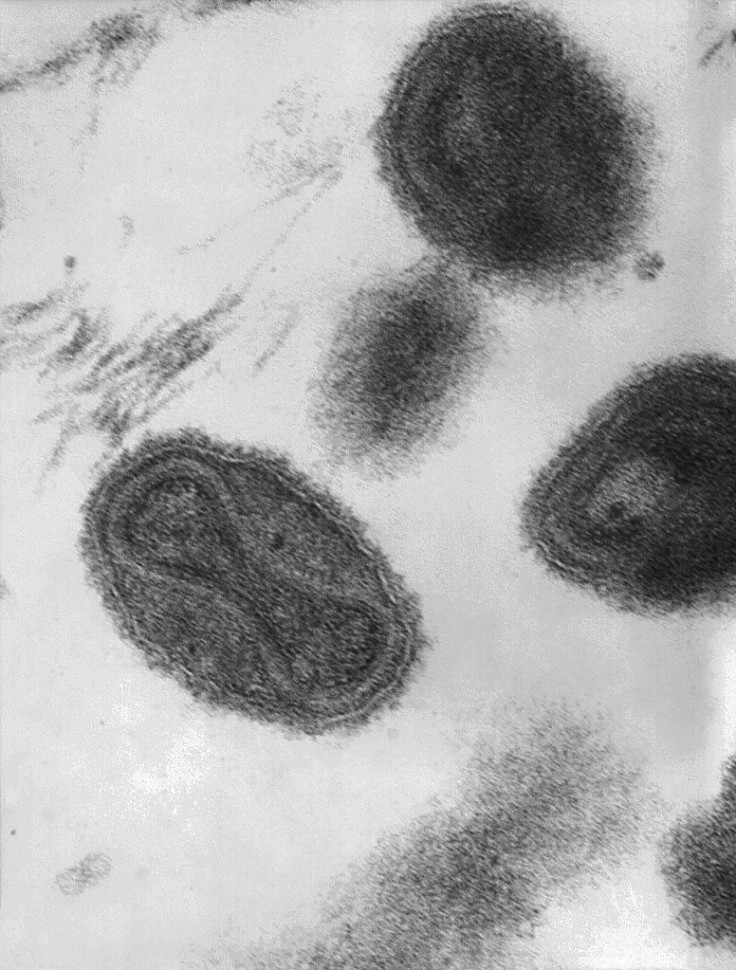Have scientists just gifted bio-terrorists a doomsday smallpox virus?
Smallpox is estimated to have killed between 300-500 million people in the 20th century alone.

A highly controversial study has just been published in the journal PLOS ONE which describes how a group of scientists successfully recreated an extinct relative of the smallpox virus, known as horsepox.
Smallpox is one of the deadliest diseases in human history and is estimated to have killed between 300-500 million people in the 20<sup>th century alone. However, thanks to large-scale vaccination programmes, smallpox became the first disease to be eradicated by humans in the late 1970s, (although it remains a concern to public health agencies to this day).
Midway through last year, researchers from the University of Alberta announced that they had synthesized horsepox – which is not dangerous to humans – using DNA fragments ordered over the internet.
However, their impressive feat of bioengineering prompted criticism from some scientists who argued that their findings could set a dangerous precedent.
The Alberta team said they wanted to investigate how the synthetic horsepox virus could help to develop safer, more effective smallpox vaccines – which could be used in any potential future outbreaks. (The US government has around 28 million smallpox vaccine doses stockpiled for this purpose.)
But critics say that the world does not need another smallpox vaccine as effective options are already available, and furthermore, that the new research could prove useful to terrorists or other ill-intentioned groups who wanted to synthesize smallpox.
Given that most people today have no immunity to the virus as a result of its eradication, an act of bio-terrorism involving smallpox, however remote the possibility, has the potential to be apocalyptic.
Publishing the paper was "a serious mistake," Thomas Inglesby, director of the Center for Health Security at Johns Hopkins University, told Science. "The world is now more vulnerable to smallpox."
The last officially recognised samples of variola – the virus that causes smallpox – are held in highly secure labs in both the US and Russia awaiting their fate, after the World Health Organization ordered all nations to transfer their collections to the two superpowers.
Most experts agree that the samples should eventually be destroyed, however, some scientists argue that there is a case to be made for keeping them, especially considering that no one has ever verified that all nations handed over their stockpiles.
They say it is important to have samples of the virus so that researchers can develop treatments for the disease in preparation for the unthinkable - a new outbreak of smallpox. In addition, global vaccine supplies are limited and some products pose a health risk to people with certain medical conditions.
Symptoms of smallpox include fever, vomiting, and mouth sores, while the risk of death after contracting the disease is around 30%.





















